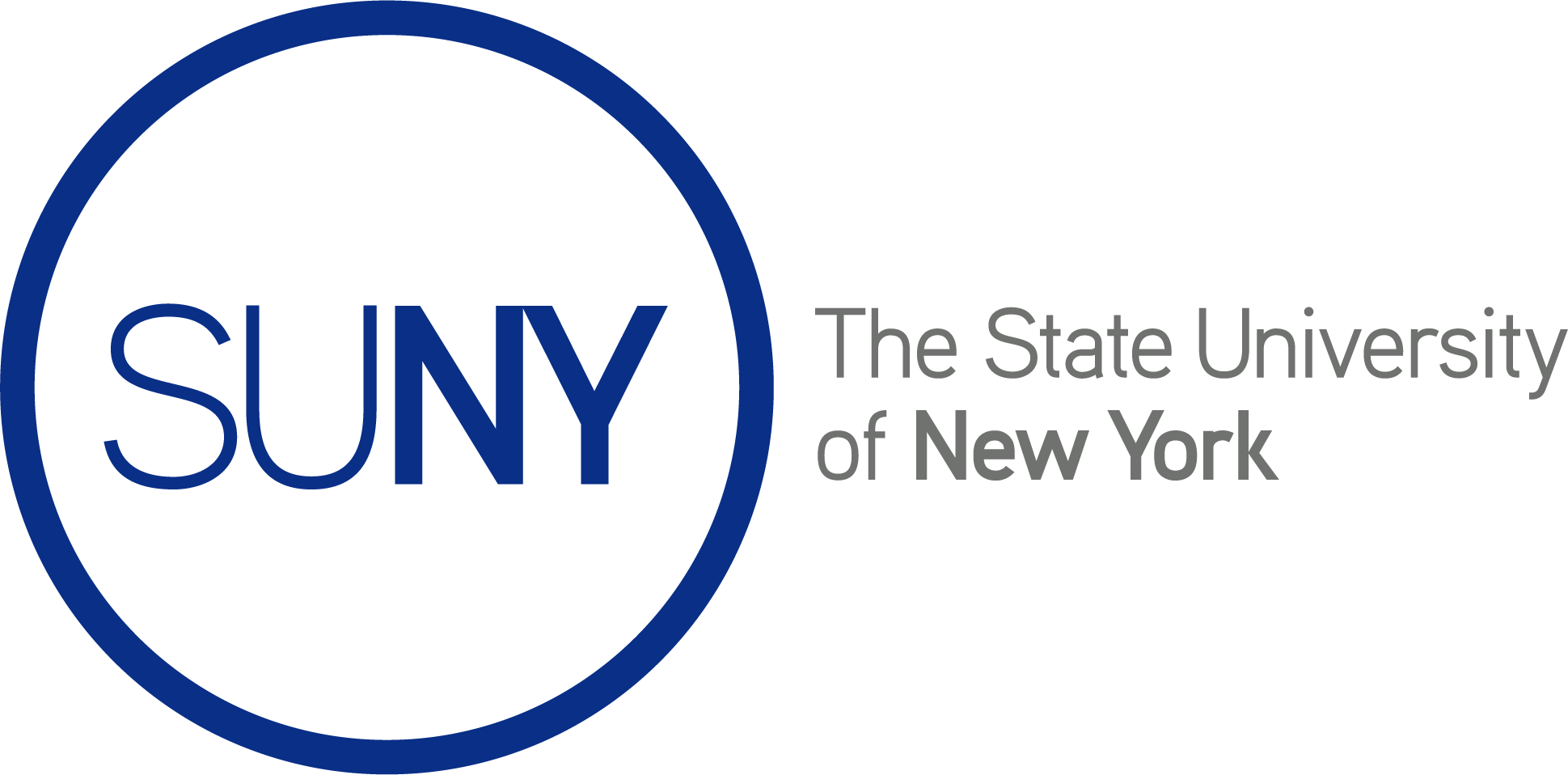Copyright and Fair Use (Student)
Copyright and Fair Use – Student
Using the Work of Others on the OpenLab
One of the great things about using the OpenLab is that it’s easy to share work, such as writing, images, video, and sound. This means that it’s also important to understand how to respect copyright guidelines, give appropriate credit to the work and ideas of others, and to understand how others might use your work.
Copyright is a legal term, meaning that the original author or creator of a creative work (of art, writing, music, or drama, for example) has the sole right to copy or distribute that work. Fair use guidelines allow for some use of copyrighted works. If you’re interested in learning more, visit our library’s Copyright Guide.
What does this mean for you on the OpenLab?
Below are some guidelines for using the work of others on the OpenLab. Please don’t hesitate to ask your professor or contact us if you have any questions.
- When quoting or paraphrasing someone else, be sure to cite the original author, just as you would for any work you hand in for a class.
- According to fair use guidelines, you may post parts of creative works–for example music, video, or images–in order to comment on or critique them as long as you give credit to the author and do not post the entire work.
- It is always best to embed video from another site, such as YouTube or Vimeo. These sites do their best to make sure their content adheres to copyright rules. However, they can’t always check everything, so use your best judgement and don’t embed anything you know or suspect infringes on copyright.
- When using images that are not yours:
- Use open license images, such as those licensed through Creative Commons. In most cases you may use these as long as you credit the original owner or creator of the image.
- Try to find images that are in the public domain, which are free of copyright. In the U.S., images created before 1923 are automatically in the public domain. The Digital Public Library of America is one great place to look for public domain and Creative Commons images. This Wikipedia page also lists many good resources for finding public domain and Creative Commons images.
- Find out whether you have permission to use an image. If it says “all rights reserved” or “copyright,” do not use it. Or, if you can’t find any copyright information or if you’re unsure, it’s best not to use.
- Read our help page on images for more information, including where you can find open license and public domain images.
- Use open license images, such as those licensed through Creative Commons. In most cases you may use these as long as you credit the original owner or creator of the image.
- You can also link to a website, text, image, video, or music; again, it’s best not to link to something you know is infringing on copyright.
Posting Your Own Work on the OpenLab
Any content that you create and post on the OpenLab is automatically protected under a Creative Commons Attribution NonCommercial Share-Alike 3.0 license. This license allows other people to use work posted on the OpenLab, as long as they give credit to the original creator and do not use the work to make money.
You are also free to choose copyright restrictions for any content that you create or post on the OpenLab that differ from those mentioned above. You will need to specify those conditions on your own site.
If you have questions about copyright and fair use, or concerns about violations related to your content, please contact a librarian. You can also find more information about copyright issues by reading our Terms of Use.

